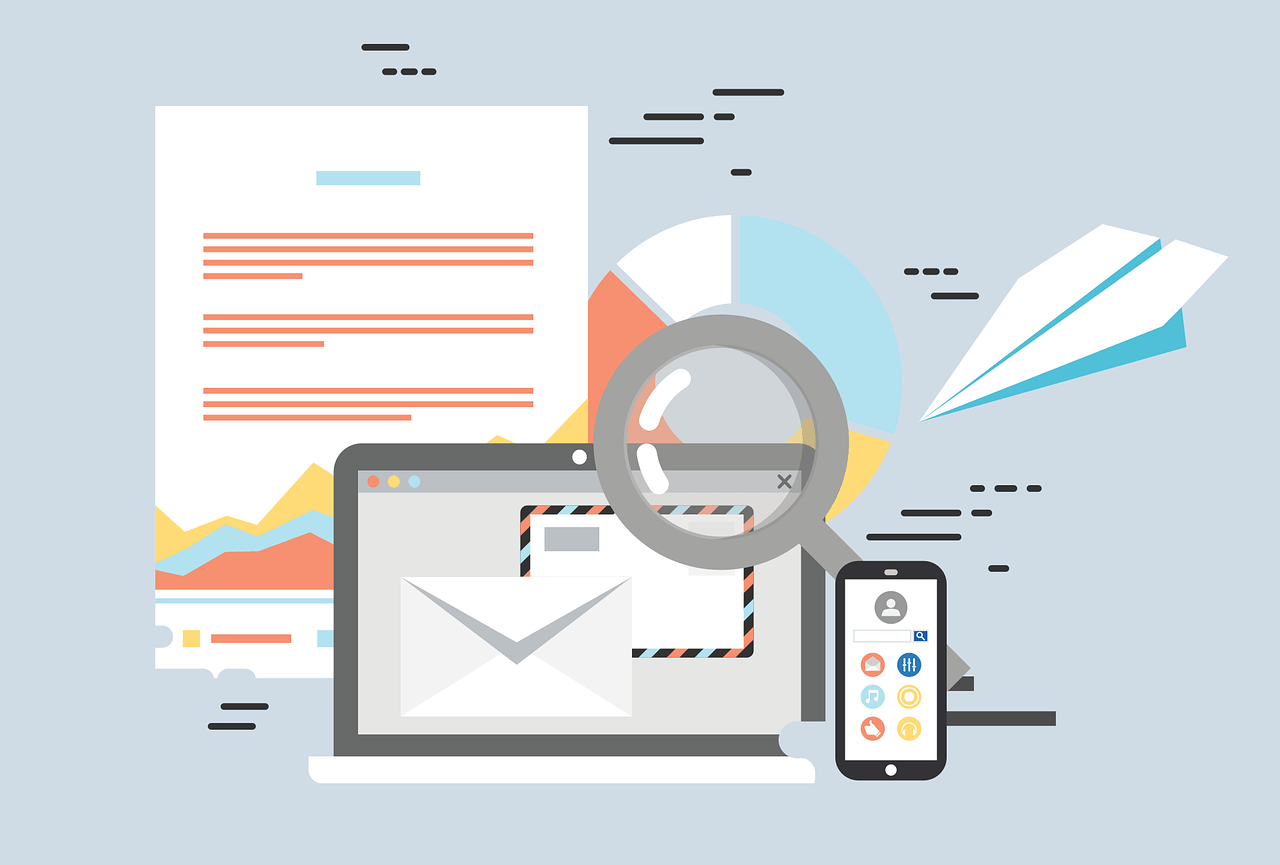In today’s world, email has become one of the most popular and convenient ways to communicate. However, with the rise of cyber threats such as hacking and phishing, email privacy has become a major concern for individuals and businesses alike. Email with encryption offers a solution to this problem by ensuring that sensitive information remains secure and private. In this article, we will explore the importance of email privacy, what email encryption is, how it works, the benefits of using email encryption, and common encryption methods for email.
The Importance of Email Privacy
Email is a primary mode of communication for businesses, governments, and individuals worldwide. It contains sensitive and confidential information such as passwords, financial data, and personal messages. Email privacy is essential to protect this information from unauthorized access or interception by hackers, cybercriminals, or government agencies. A breach of email privacy can result in identity theft, financial fraud, or reputational damage. Therefore, it is crucial to ensure that email communications are secure and confidential.
Read more details about email spam check.
What is Email Encryption?
Email encryption is a technique that transforms the content of an email message into an unreadable format that can only be decrypted by the intended recipient. Encryption ensures that even if a third party intercepts the email, they cannot read or understand the message’s content. Email encryption uses complex algorithms to scramble the text, attachments, and metadata of an email. The recipient can only decrypt the message using a private key, which is generated and stored on their device.
How Does Email Encryption Work?
Email encryption uses two types of keys: a public key and a private key. The sender encrypts the email message using the recipient’s public key, which is freely available. The recipient can only decrypt the message using their private key, which is stored on their device. When the recipient receives an encrypted email, their device automatically decrypts it using their private key, making the message readable. The encryption process happens behind the scenes, and the user does not need to perform any additional steps to encrypt or decrypt the message.
Benefits of Using Email Encryption
Email encryption offers several benefits, including:
1. Enhanced Security
Email encryption provides an additional layer of security that protects sensitive information from unauthorized access. The encryption ensures that even if a hacker intercepts the email, they cannot read or understand the message’s content.
2. Compliance with Regulations
Many industries, such as finance, healthcare, and government, are required to comply with data protection regulations such as HIPAA, GDPR, and CCPA. Email encryption ensures compliance with these regulations by protecting sensitive data from unauthorized access.
3. Improved Reputation
Email encryption helps to improve an organization’s reputation by demonstrating a commitment to data privacy and security. Customers and stakeholders are more likely to trust an organization that takes proactive steps to protect their sensitive data.
Common Encryption Methods for Email
There are several encryption methods available for email, including:
1. S/MIME
S/MIME (Secure/Multipurpose Internet Mail Extensions) is a widely used encryption standard that provides end-to-end encryption for email. S/MIME uses digital certificates to encrypt and sign email messages. It is supported by most email clients, including Microsoft Outlook and Apple Mail.
2. PGP
PGP (Pretty Good Privacy) is a popular encryption protocol that uses public-key cryptography to secure email messages. PGP provides end-to-end encryption and digital signatures. It is supported by several email clients, including Thunderbird and Apple Mail.
3. TLS
TLS (Transport Layer Security) is a protocol that provides secure communication between email servers. TLS encrypts email messages in transit, ensuring that they cannot be intercepted by third parties. TLS is supported by most email servers and is an essential security feature for email communication.
Conclusion
Email encryption is a critical tool for protecting sensitive information from unauthorized access. It provides enhanced security, compliance with data protection regulations, and improved reputation. Encryption methods such as S/MIME, PGP, and TLS offer different levels of security and functionality, depending on the user’s needs. By using email encryption, individuals and organizations can ensure that their communications are safe and secure.
Protect your sensitive data by using email encryption today. Contact us to learn more about how we can help you secure your email communications.
It can be interesting for you – https://reply.io/ai-for-sales-prospecting/.





